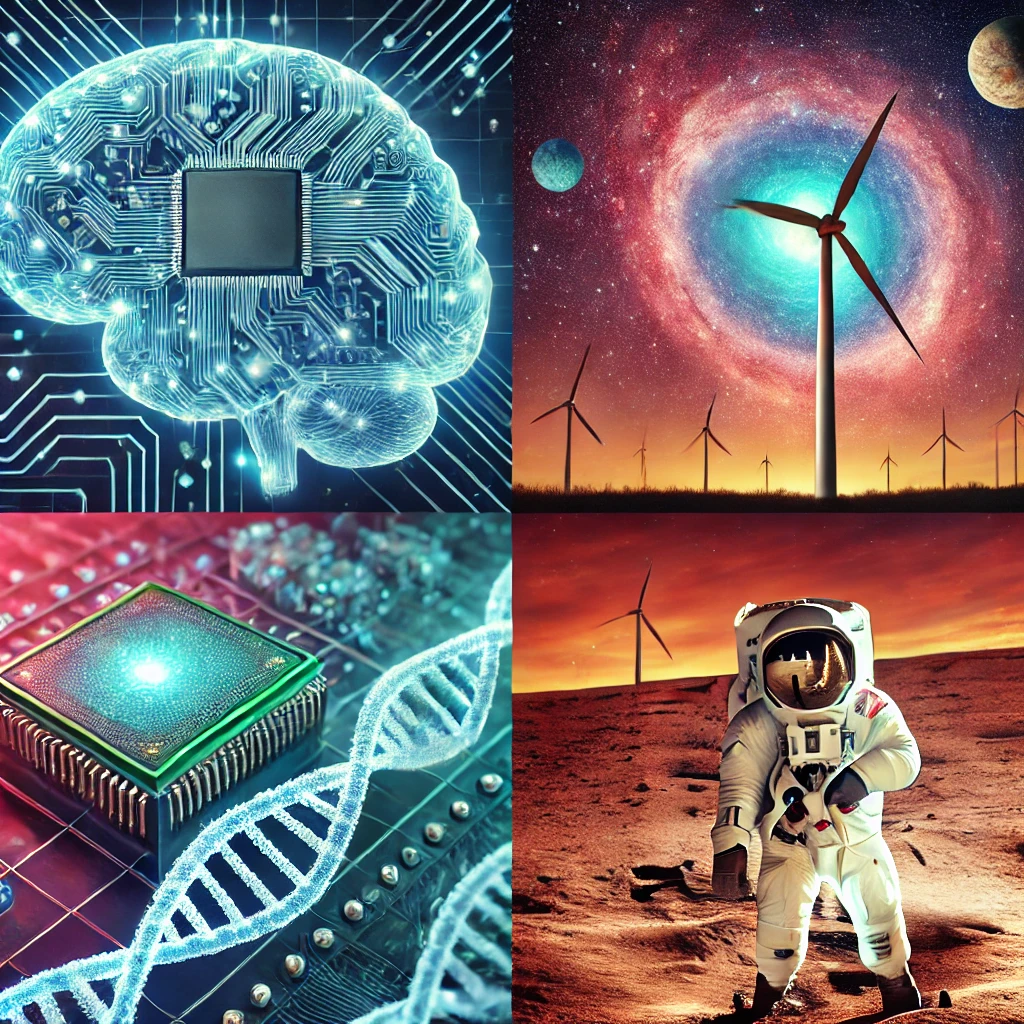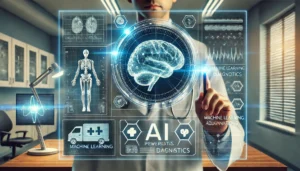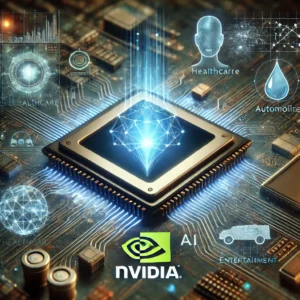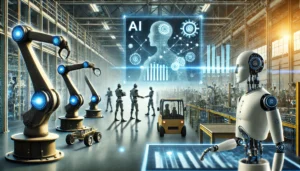5 Emerging Technologies That Could Change Our Lives in the Next Decade
Introduction
What does the future hold? This is a question that has fascinated humanity for centuries. With technology advancing at breakneck speed, the next decade promises groundbreaking changes that could redefine how we live, work, and interact with the world. From Artificial Intelligence (AI) to space exploration, these innovations are not just futuristic fantasies—they’re becoming our reality.
Artificial Intelligence (AI) Revolution
AI in Daily Life
Imagine having a personal assistant that knows your schedule better than you do or an AI system that helps businesses predict trends with uncanny accuracy. AI is already transforming our daily lives, from chatbots that resolve customer queries instantly to smart home devices that adapt to your habits.
The Ethical Debate Around AI
However, as AI becomes more intelligent, ethical concerns grow. How do we ensure AI serves humanity without overshadowing it? Experts emphasize the need for transparency and regulation to keep AI as a powerful ally rather than a potential adversary.
Quantum Computing
A Leap in Processing Power
Quantum computing is set to revolutionize industries by solving problems that today’s computers can’t handle. Imagine simulating complex chemical reactions or optimizing massive logistical networks in seconds. This leap in processing power could make the impossible, possible.
Applications of Quantum Computing
In medicine, quantum computing could accelerate drug discovery, while in finance, it could redefine risk analysis. While still in its early stages, the potential of quantum computing is nothing short of extraordinary.
Renewable Energy Breakthroughs
Solar and Wind Innovations
The quest for sustainable energy is critical as we combat climate change. Innovations in solar panels and wind turbines are making renewable energy more efficient and cost-effective than ever before.
Battery Storage Advancements
Energy storage has always been a hurdle for renewables. However, cutting-edge battery technology is bridging this gap, ensuring consistent energy supply even when the sun isn’t shining or the wind isn’t blowing.
Biotechnology and Genetic Engineering
CRISPR Technology
Gene editing tools like CRISPR are giving scientists unprecedented control over DNA. This opens up possibilities to cure genetic diseases, enhance crop yields, and even combat climate change by modifying organisms.
Personalized Medicine
Gone are the days of one-size-fits-all healthcare. Thanks to advancements in biotechnology, treatments can now be tailored to your unique genetic makeup, making them more effective and reducing side effects.
Space Exploration and Colonization
Commercial Space Travel
Space is no longer the exclusive playground of governments. Companies like SpaceX and Blue Origin are pioneering commercial space travel, making it possible for civilians to experience the cosmos.
Life Beyond Earth
As we look to the stars, the idea of colonizing other planets becomes increasingly plausible. Mars, for example, is being eyed as humanity’s potential second home, sparking dreams of a multi-planetary civilization.
Extended Reality (XR)
Virtual Reality (VR)
VR is no longer just for gamers. From virtual classrooms to simulated surgeries, VR is transforming how we learn, train, and entertain ourselves.
Augmented Reality (AR)
AR blurs the lines between the digital and physical worlds. Think about using your smartphone to see how furniture would look in your living room or wearing AR glasses that provide real-time translations as you travel abroad.
Conclusion
The next decade is shaping up to be one of the most transformative periods in history. With emerging technologies like AI, quantum computing, renewable energy, biotechnology, space exploration, and XR, the possibilities are endless. While challenges and ethical dilemmas lie ahead, the future holds immense promise if we harness these innovations responsibly.
FAQs
1. What is the most impactful emerging technology?
Artificial Intelligence is currently leading the way due to its widespread applications in virtually every industry.
2. How will AI shape the future of work?
AI will automate repetitive tasks, allowing humans to focus on more creative and strategic roles. However, it also raises questions about job displacement.
3. Can quantum computing improve healthcare?
Yes, quantum computing could revolutionize drug discovery and personalized medicine by processing complex data at unprecedented speeds.
4. What are the risks of genetic engineering?
While promising, genetic engineering poses ethical concerns, such as unintended consequences and the potential misuse of the technology.
5. Will commercial space travel be affordable for everyone?
Not initially. However, as the technology matures, costs are expected to decrease, making space travel more accessible over time.
Please don’t forget to leave a review.
on Techcyclohub
___________________________________________________________________________________________________
Book Recommendations:
- Life 3.0: Being Human in the Age of Artificial Intelligence by Max Tegmark
- The Future of Humanity: Terraforming Mars, Interstellar Travel, Immortality, and Our Destiny Beyond Earth by Michio Kaku
- The Innovators: How a Group of Hackers, Geniuses, and Geeks Created the Digital Revolution by Walter Isaacson
- Hacking Darwin: Genetic Engineering and the Future of Humanity by Jamie Metzl
- Clean Disruption of Energy and Transportation by Tony Seba








